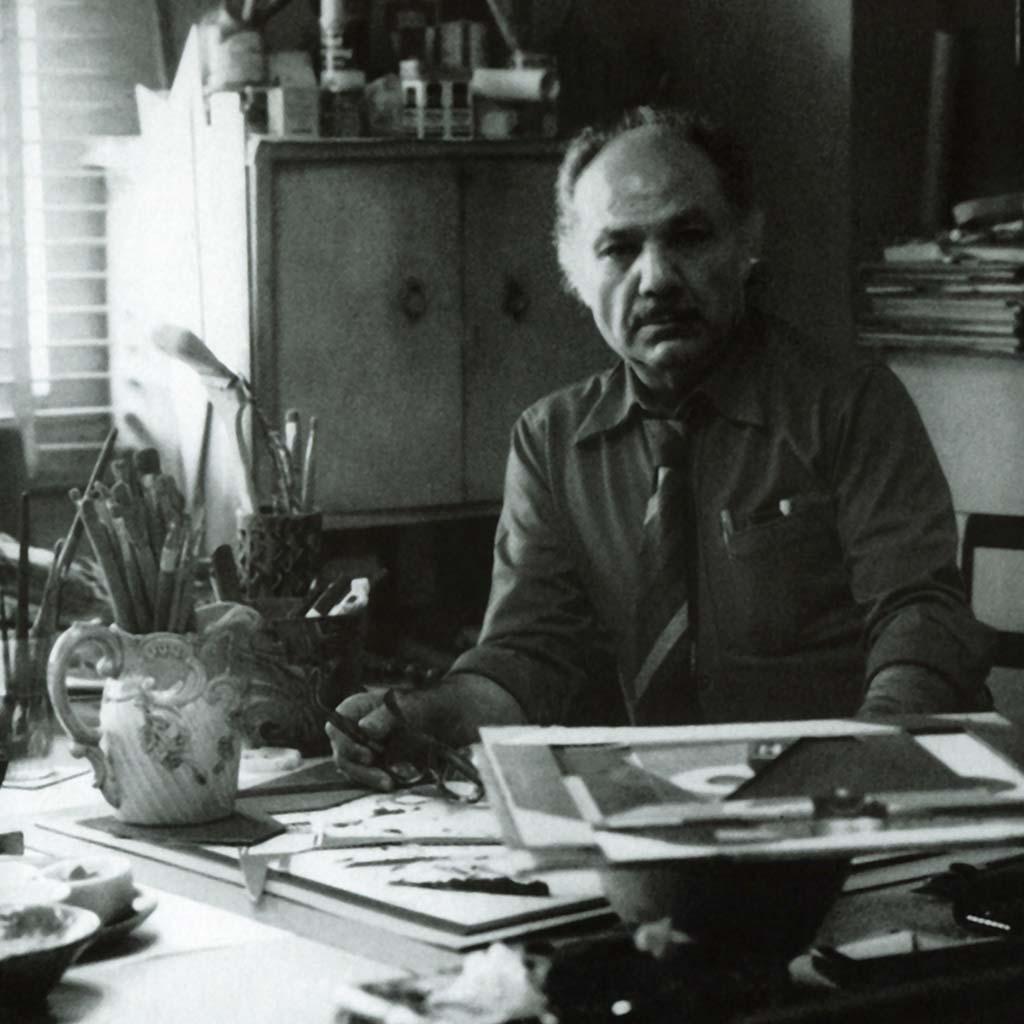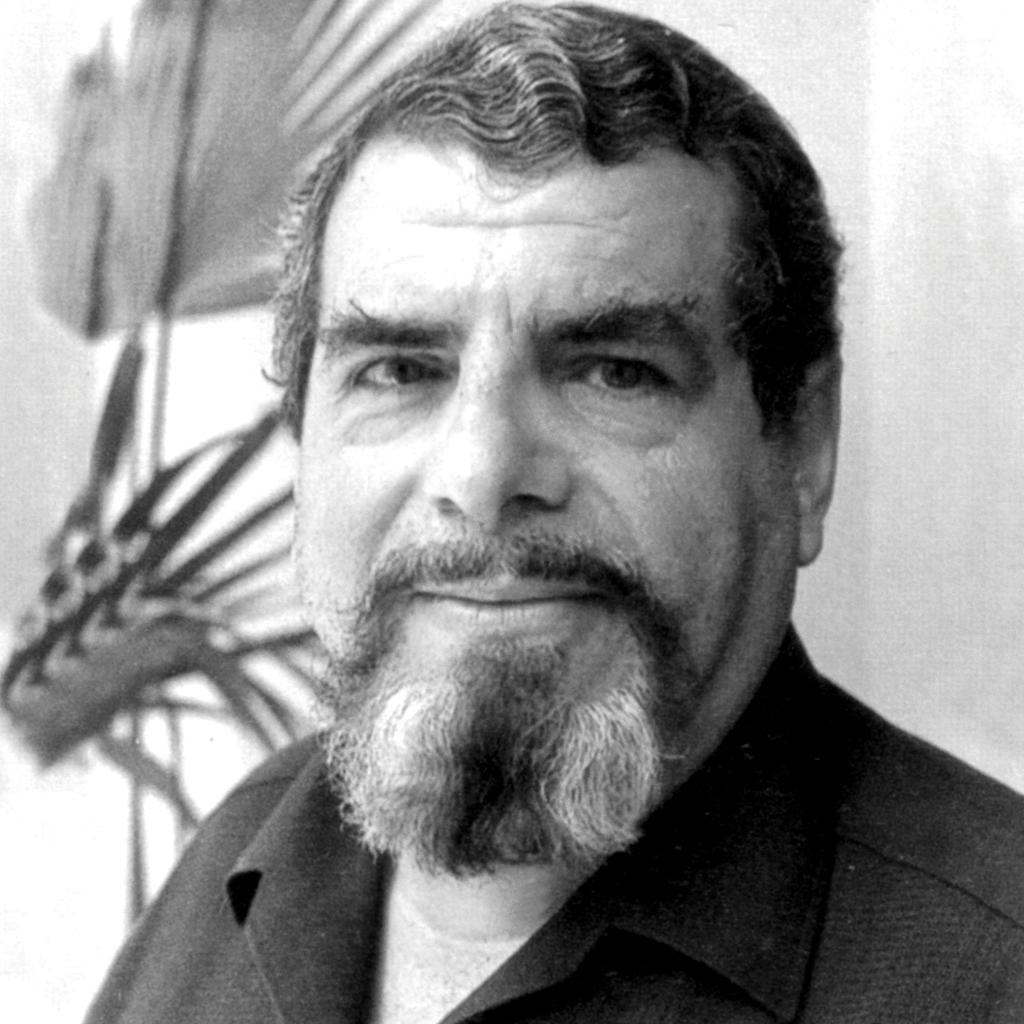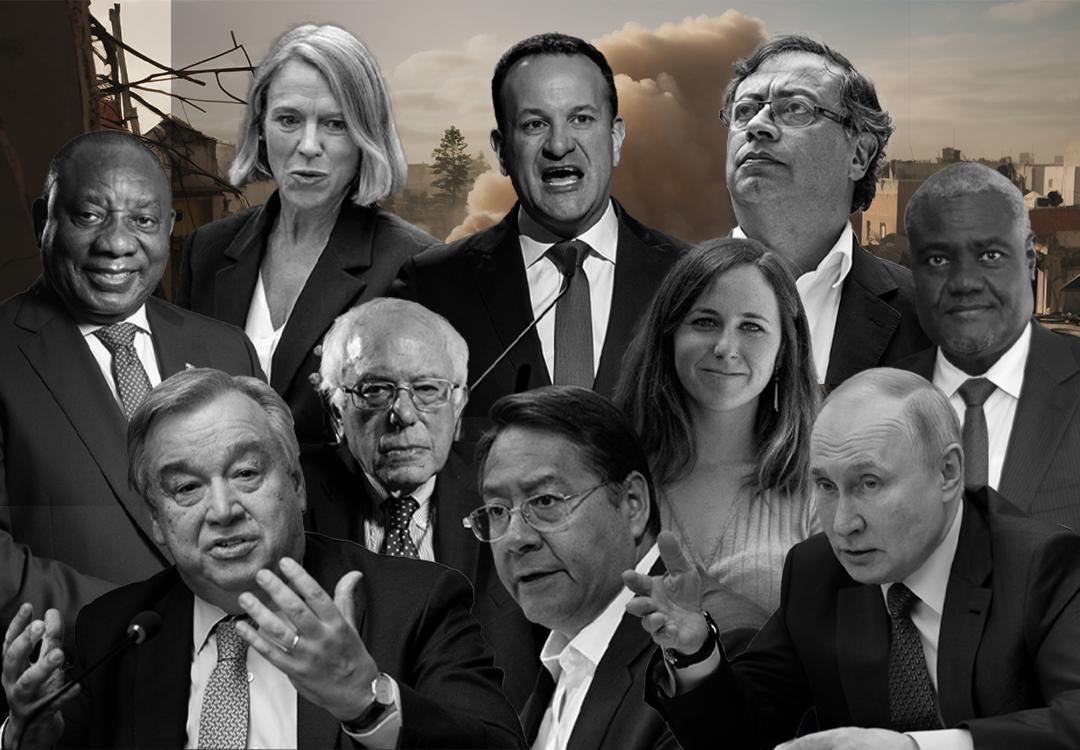
Written by: Mahmoud Demerdash
Date: 2023-11-06
Let's clarify and identify the political entities and leaders beyond the MENA region who are advocating for an end to this conflict.
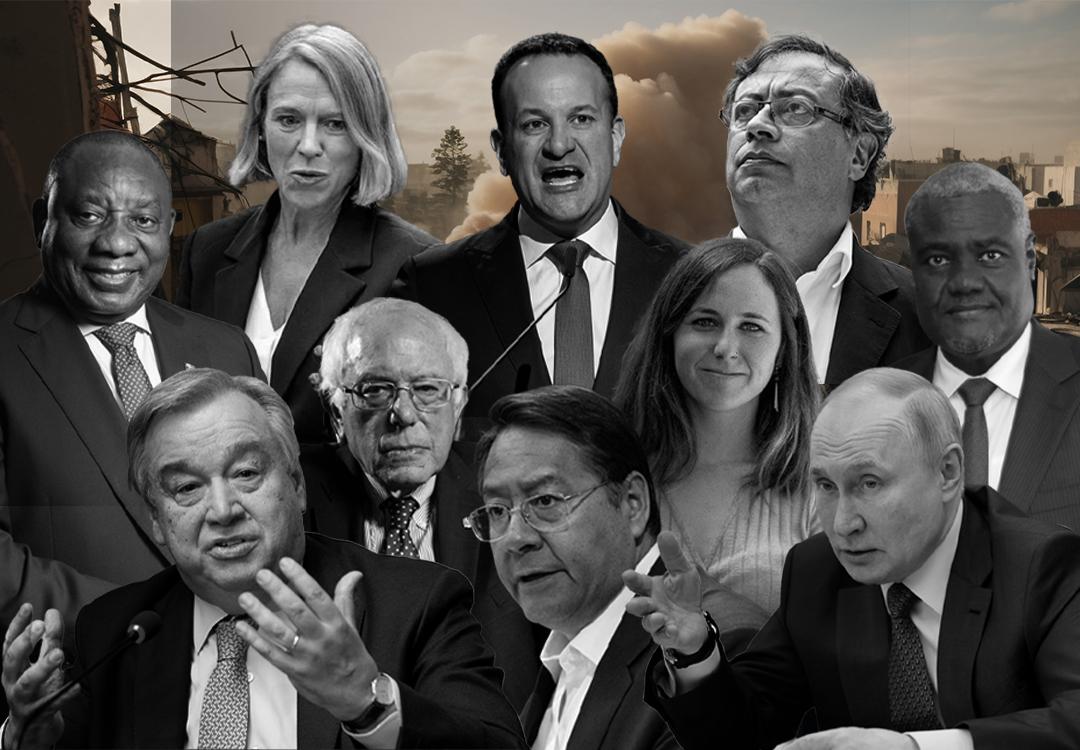
The Israeli air strikes targeting the densely populated Gaza Strip have triggered global outrage, sparking protests, social media campaigns, and boycotts of brands supporting the Israeli campaign. Heart-wrenching videos, images, and pleas from Gaza have provided unprecedented insights into the Israeli government's interpretation of "self-defense." In the Middle East and North Africa (MENA) region, governmental organizations have issued condemnations, severed ties, and are seeking a swift resolution to stop the brutality against the Palestinian people. The response from beyond the region remains mired in political webs, with "Cease Fire" becoming a litmus test to identify which non-Arab countries have shown support to Gaza. Let's clarify and identify the political entities and leaders beyond the MENA region who are advocating for an end to this conflict.
António Guterres
Secretary General of the United Nations

António Guterres, the Secretary-General of the United Nations, has maintained a consistent stance on the Israel-Palestine conflict that emphasizes several key principles. He has repeatedly called for an immediate ceasefire and de-escalation of the conflict, expressing deep concern over the violence and civilian casualties. Guterres underscores the importance of respecting international humanitarian law, protecting civilians, and ensuring access to humanitarian aid for those in need, particularly in Gaza. He condemns acts of violence and terrorism by all parties involved and has stressed the need for a two-state solution based on United Nations resolutions, international law, and prior agreements. Guterres has also urged for a return to dialogue and a commitment to upholding human dignity while combating disinformation and hate speech that fuels polarization and dehumanization.
Luis Arce
President of Bolivia
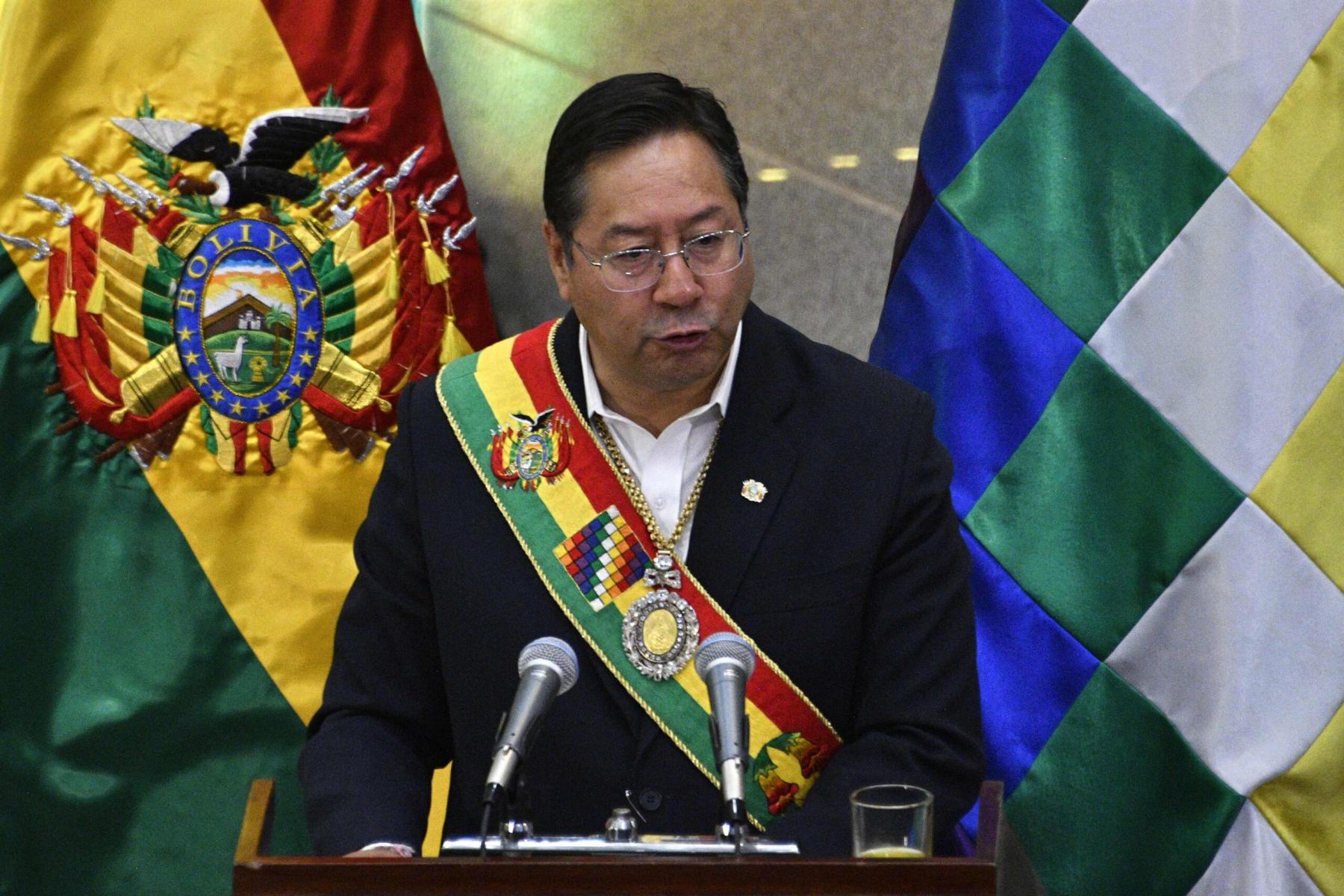
Bolivia has chosen to sever diplomatic ties with Israel as a direct response to Israel's military offensive in the Gaza Strip. The Bolivian government, under the leadership of President Luis Arce, expressed strong condemnation and repudiation of what they view as an aggressive and disproportionate use of force by Israel against Gaza. Bolivia's decision is rooted in its commitment to international law and its rejection of what it perceives as war crimes being committed in Gaza. It marks Bolivia's stance against Israel's actions and a call for a ceasefire. This move is in line with Bolivia's historical position regarding the Israeli-Palestinian conflict, as the country had previously cut diplomatic relations with Israel in 2009 under President Evo Morales, and the current administration has reaffirmed the decision.
Gustavo Petro
President of Colombia
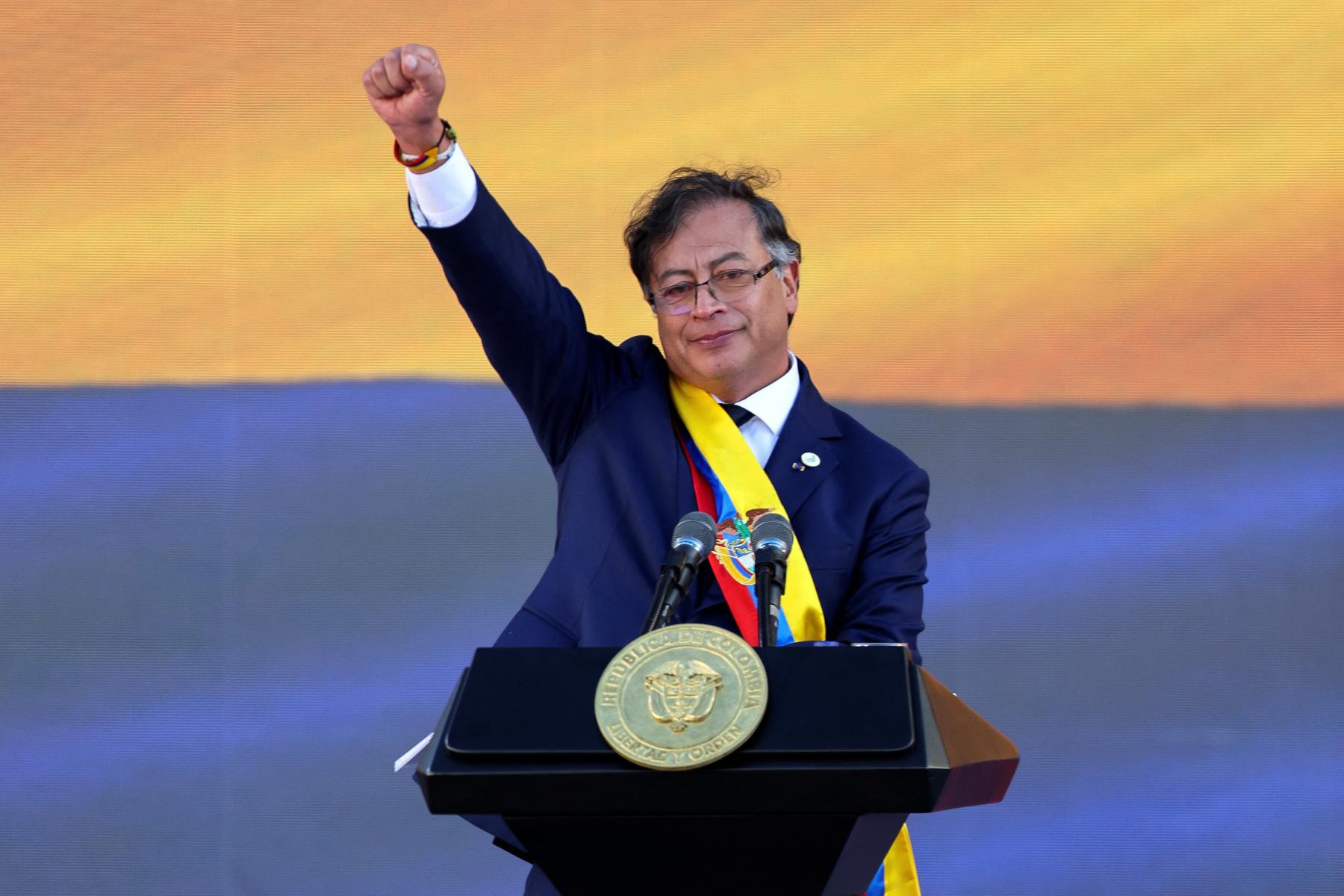
President Gustavo Petro has taken a solid and vocal stance in the Israel-Hamas conflict, condemning Israel's actions in Gaza and drawing comparisons to the Holocaust, which has sparked a diplomatic row between Colombia and Israel. He has criticized what he perceives as Israel's excessive use of force and has made statements that Israel views as hostile and antisemitic. President Petro has shown empathy for the Palestinian cause and highlighted the human suffering in Gaza. His comments reflect a commitment to human rights and opposition to violence, but they have also ignited controversy and intensified the diplomatic dispute with Israel.
Anniken Huitfeldt
Norwegian Foreign Minister
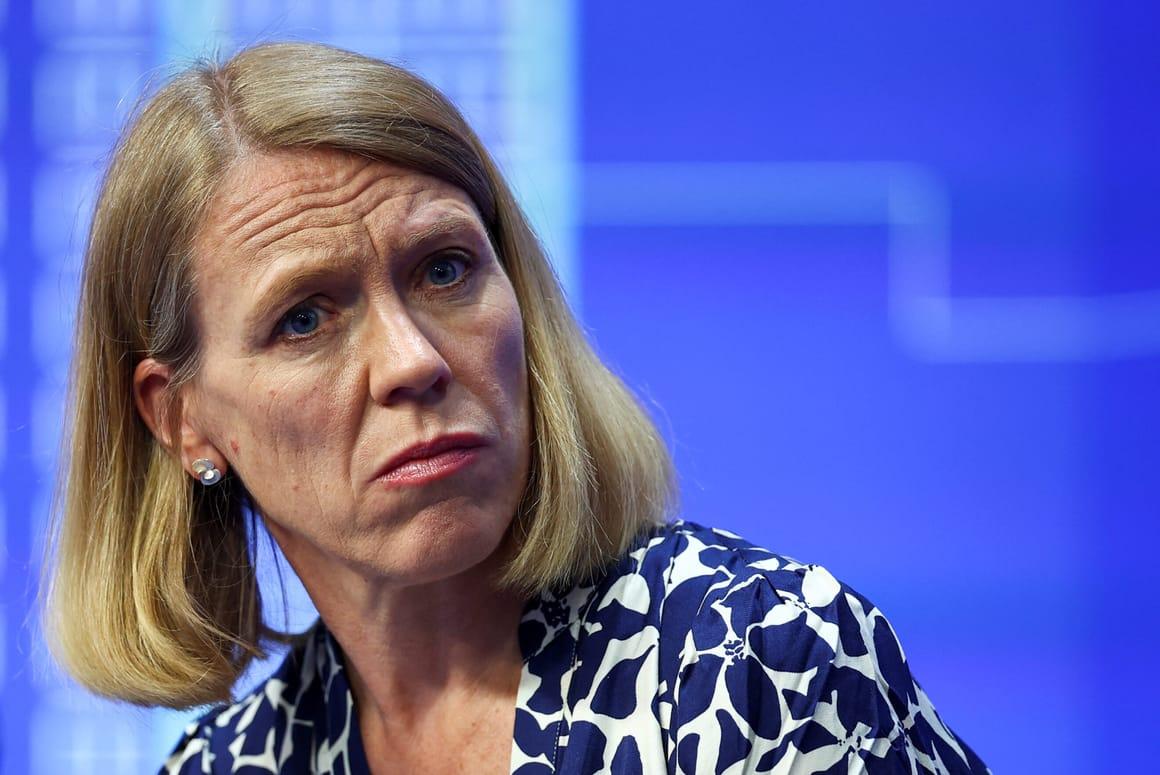
Norway's response to the Israel-Palestine conflict underscores its commitment to humanitarian principles and international law. The Norwegian Foreign Minister has criticized the blockade of Gaza, emphasizing the adverse impact on civilians and the need to ensure access to essential resources. Norway's position calls for Israel's right to self-defense to be exercised within the bounds of international legal norms, and it expresses deep concern about the widespread destruction in Gaza.
Vladimir Putin
President of Russia
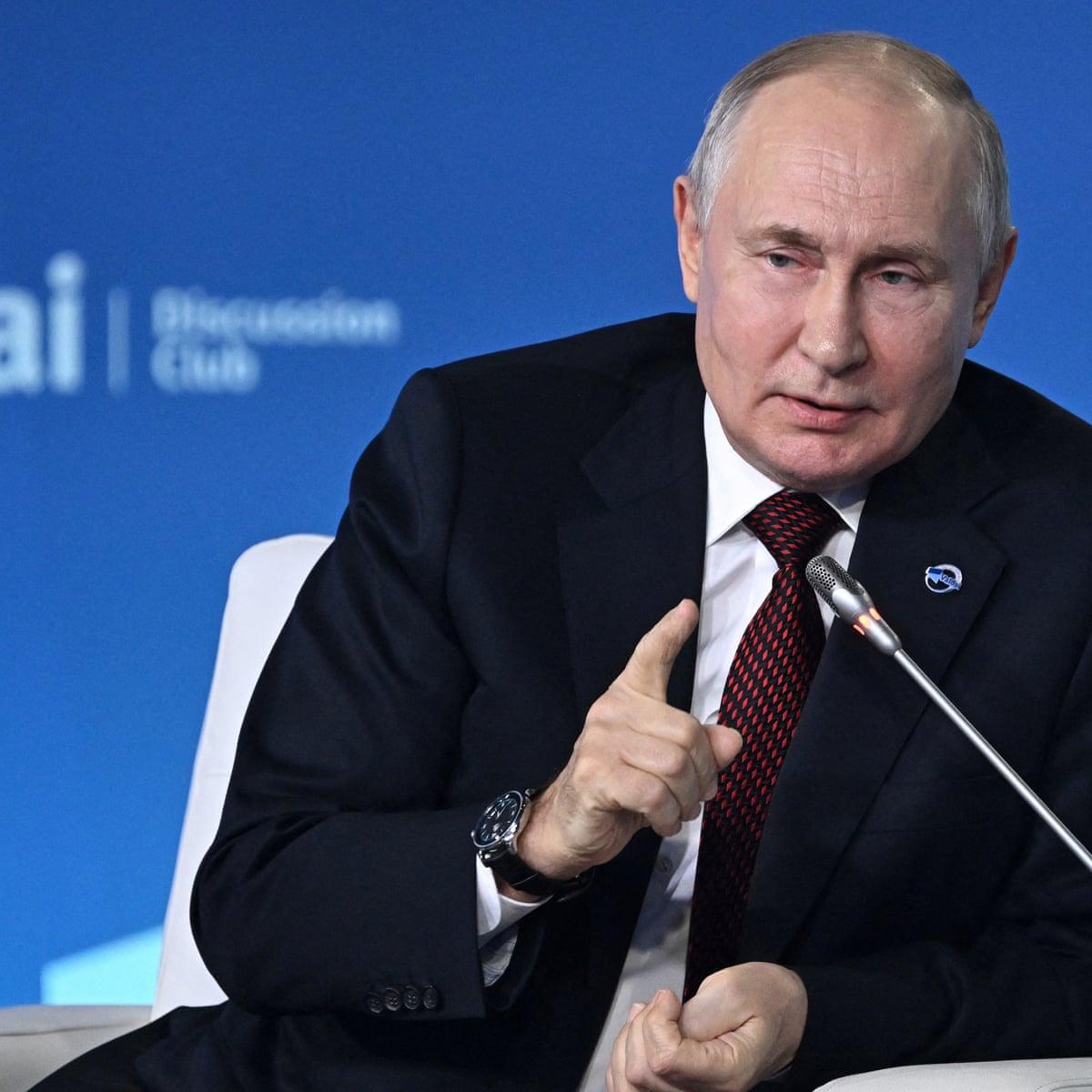
Russia's stance on the Israel-Palestine conflict emphasizes the need for a political and diplomatic resolution, rejecting the use of force and advocating for an immediate ceasefire. President Vladimir Putin supports the creation of an independent Palestinian state with East Jerusalem as its capital, aligning with the internationally recognized two-state solution. Russia's position prioritizes negotiations and adherence to international law to achieve lasting peace in the Middle East, and it refrains from categorically designating Hamas as a terrorist organization, demonstrating a commitment to inclusivity in the peace process.
Cyril Ramaphosa
President of South Africa
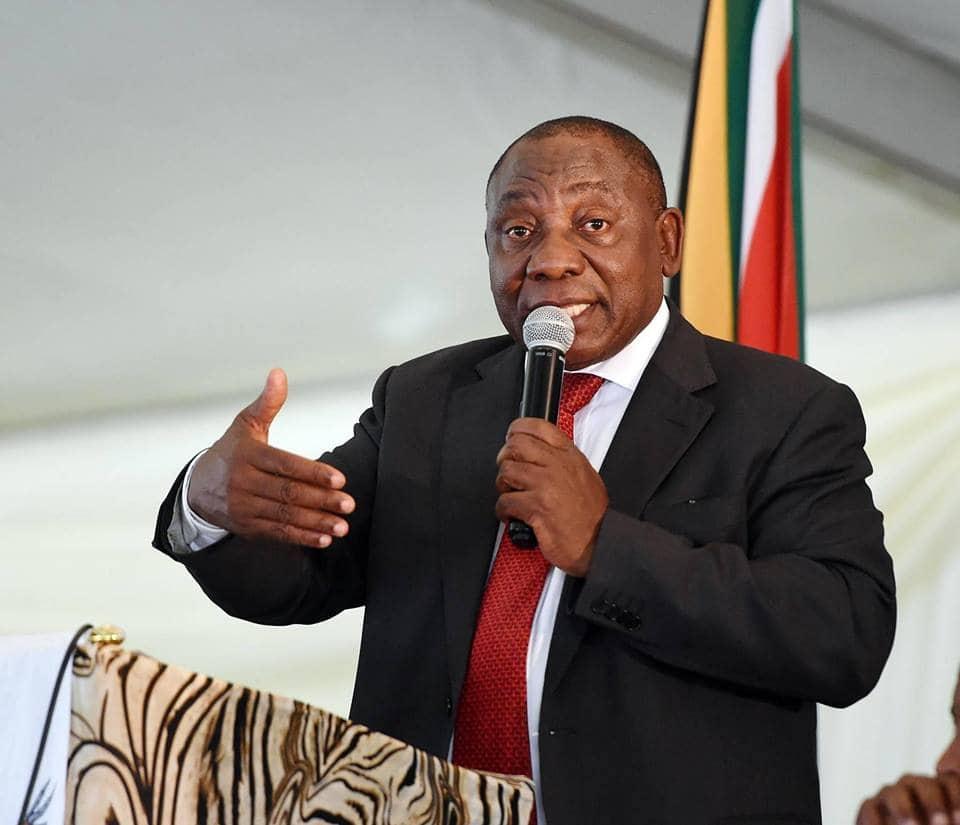
South Africa's stance on the Israel-Palestine conflict, as mentioned in the provided text, is characterized by strong support for the Palestinian cause. South African President Cyril Ramaphosa has publicly expressed solidarity with the Palestinian people and their "just struggle," condemning what he describes as Israel's "oppressive regime" and drawing attention to alleged apartheid-like policies toward Palestinians. South Africa's position aligns with human rights groups and international organizations that have criticized Israel's treatment of Palestinians, and it underscores a historical commitment to supporting the Palestinian struggle for self-determination.
Leo Varadkar
Prime Minister of Ireland
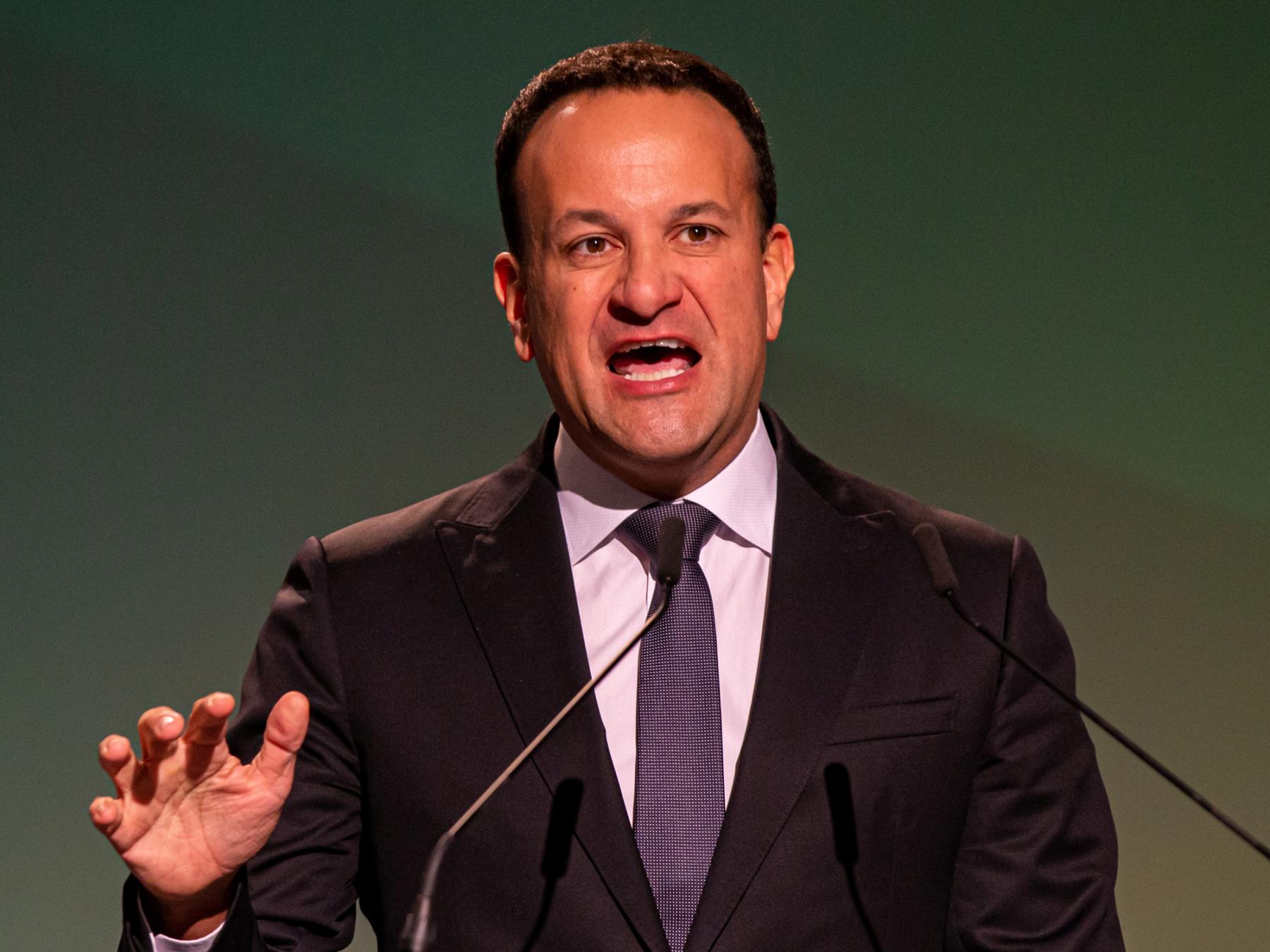
Ireland's stance on the Israel-Palestine conflict, as mentioned in the provided text, is characterized by a condemnation of Israel's actions, particularly its cutting off of power, fuel supplies, and water to Gaza. The country has termed these actions as violations of international humanitarian law and collective punishment, expressing strong criticism. Ireland's position underscores its commitment to upholding international legal norms and its concern for the welfare of Palestinian civilians. It aligns with international human rights organizations and highlights the need to respect the rights and dignity of the Palestinian population while seeking a peaceful resolution to the conflict.
Moussa Faki Mahamat
The Chairperson of the African Union
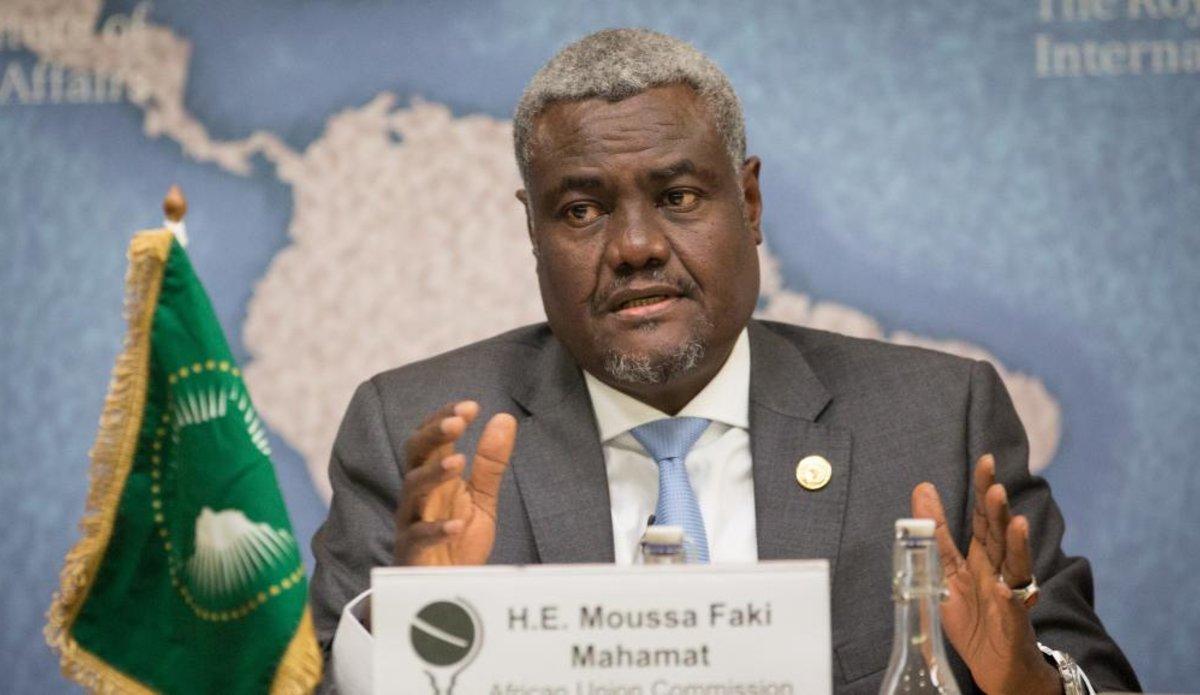
The African Union's stance on the Israel-Palestine conflict, as mentioned in the provided text, revolves around the denial of fundamental rights to the Palestinian people as the primary cause of the current tensions. The AU has called for both parties to end military hostilities and return to the negotiating table. This position highlights the African Union's commitment to addressing the core issues that have fueled the conflict and its emphasis on peaceful diplomacy and dialogue as the means to resolve the long-standing issues between Israel and Palestine.
Ione Belarra
Spanish Social Rights Minister
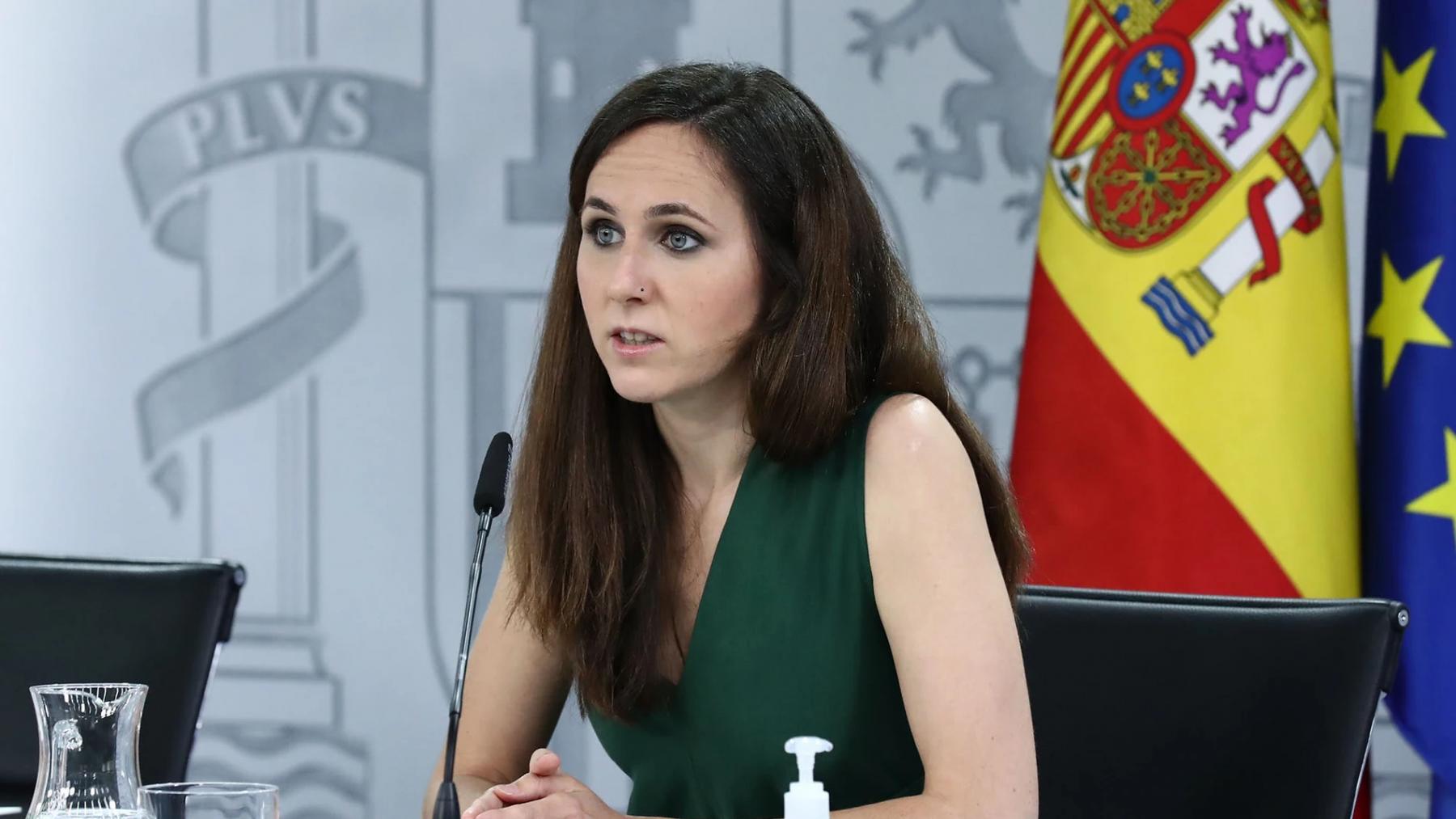
The social rights minister and leader of Unidos Podemos, a far-left junior partner in the coalition, criticized Israel's actions and called for Prime Minister Benjamin Netanyahu to be brought before the International Criminal Court for war crimes. Spain's Equality Minister, Irene Montero, echoed this appeal, emphasizing that violations of international criminal law and war crimes should not go unpunished. They both expressed support for Palestine and condemned Israel's actions. These ministers' statements were seen as critical of Israel's role in the conflict and sparked a diplomatic dispute between Spain and Israel.
Bernie Sanders
US Senator
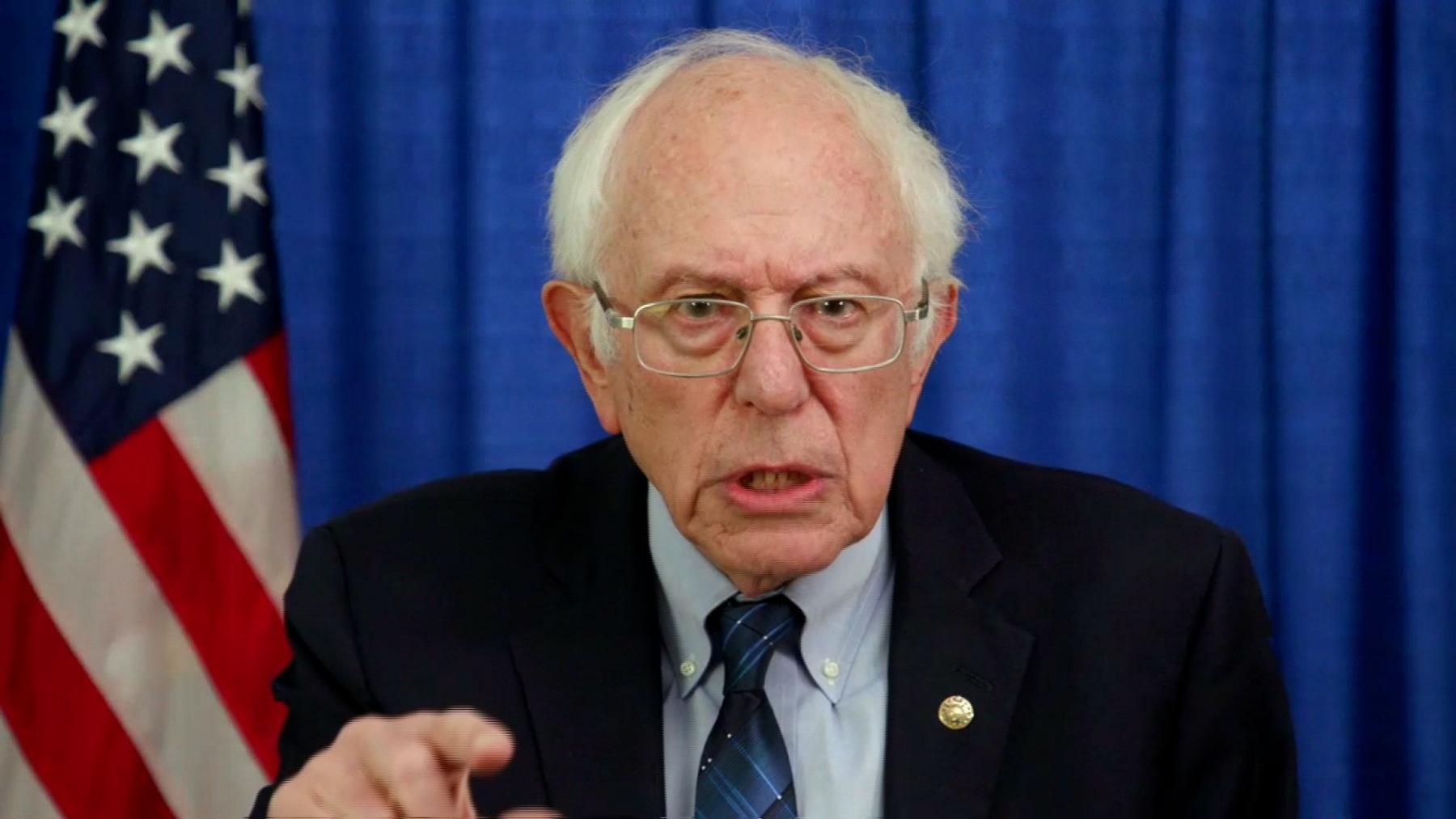
In response to the Gaza situation, Senator Bernie Sanders called for a "humanitarian pause" to the fighting, but he stopped short of calling for a ceasefire. He also criticized the Israeli offensive, highlighting the significant amount of U.S. aid provided to Israel and stating that while Israel has the right to defend itself, it should not use U.S. dollars to kill innocent civilians in Gaza. Sanders has long expressed concern about the humanitarian crisis in Gaza and criticized Israeli Prime Minister Benjamin Netanyahu's leadership. Despite this, some of his supporters, particularly those from Palestinian, Arab, and Muslim communities, have expressed disappointment in his stance and called on him to take a stronger position in support of a ceasefire.




